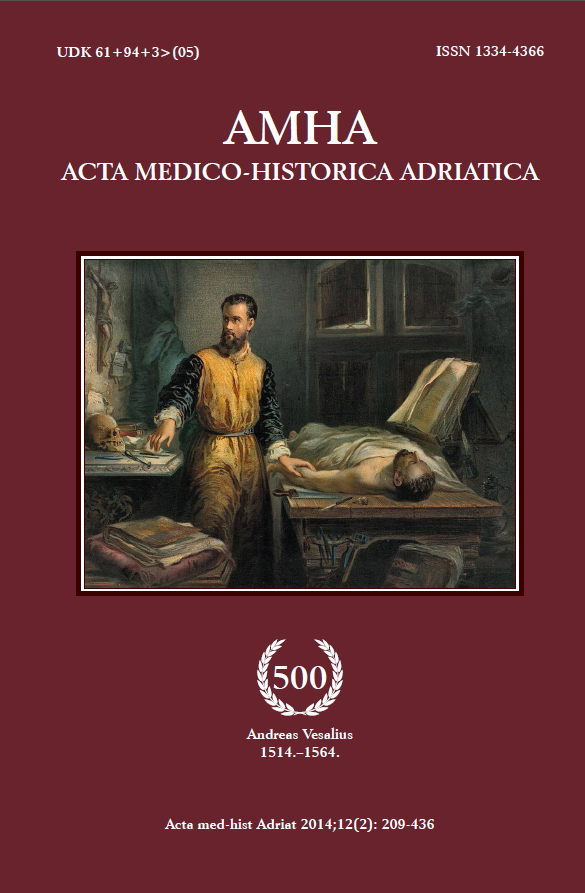CASES OF APHASIA IN A WORK ON MEDICINE FROM THE 16TH CENTURY
Keywords:
Aphasia, 16th century, brain injury, Francisco Arceo de FregenalAbstract
The purpose of this paper is to bring to the attention of the international community the role in the history of aphasiology of the eminent Renaissance figure, the Extremaduran Francisco Arceo de Fregenal. To present the subject, after a brief biography of this surgeon, we will trace the development of the concept of aphasia up to the 16th century. In some ancient cultures we find that this disorder was described as a “cerebral accident”, to be presented subsequently in the Middle Ages as a divine punishment, only for the original idea to be taken up again during the Renaissance. This return to the concept of the early civilisations was not to lead to the formal classification of this condition however, until the studies of Broca and Wernicke were published in the 19th century. The contribution of Arceo lies in the description of clinical cases included in his book De Recta cvrandorum, which are presented in their original written version in Latin accompanied by a translation in English. The first of these cases tells of spontaneous recovery from the disease, and the second of the evolution of a patient with aphasia secondary to traumatic brain injury following surgery. Despite the great value of Arceo’s report, the historical context and his professional attitude did not allow for a localisationist interpretation of the concept of aphasia.


